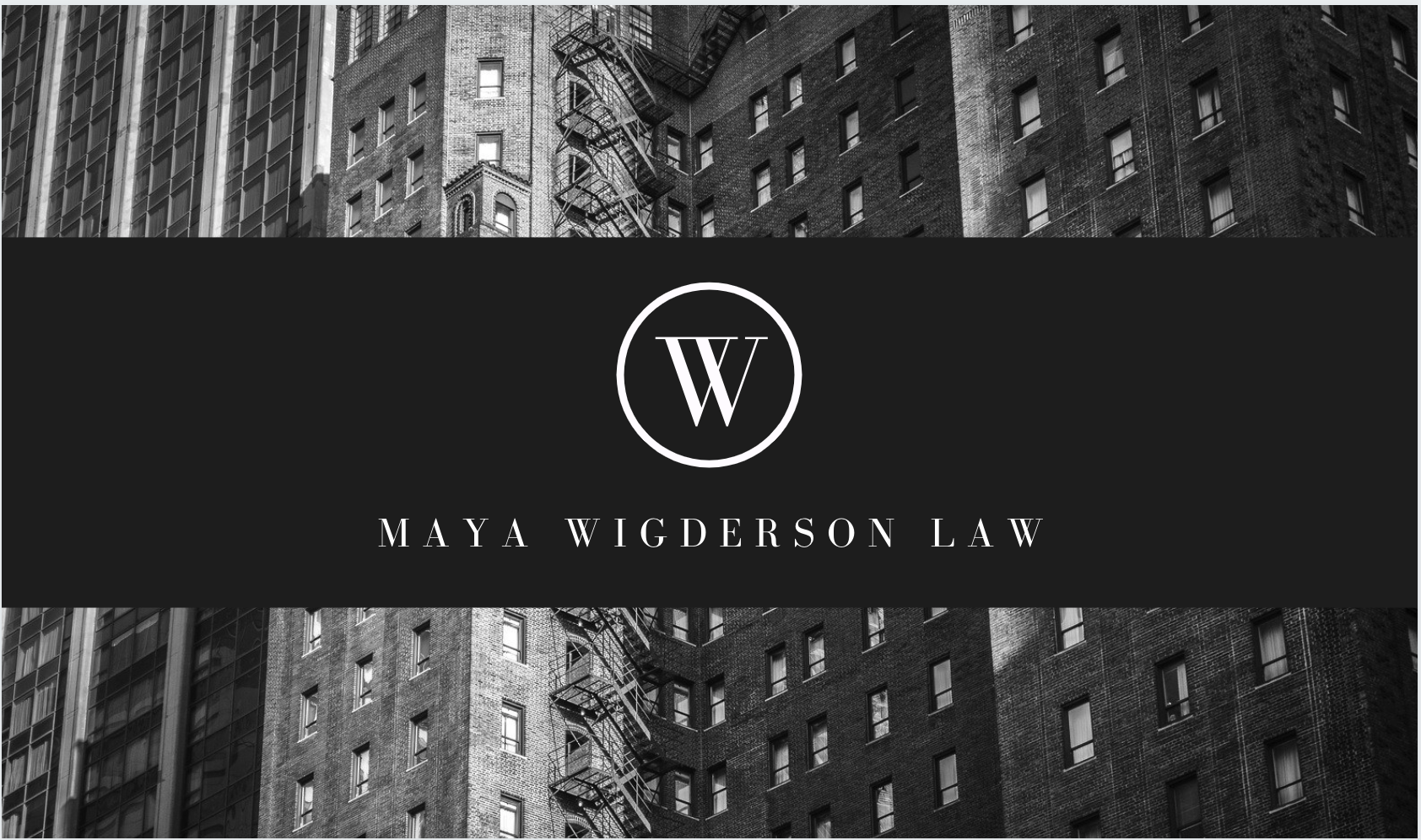If you’ve been hurt on the job, you probably already know that your rights are more limited than if you were hurt on a piece of private property somewhere else. This is because workers’ compensation laws from state to state help cover injuries on the job while protecting an employer’s liability from further legal action.
That being said, there are some instances when employer negligence can be so serious that you do have an opportunity to sue your place of work for damages beyond what workers’ compensation covers. Here’s how to not only determine employer negligence in a personal injury case but when that negligence could offer you the potential of further legal action.
Proving Gross Negligence
While you aren’t generally able to sue your employer after sustaining an injury, there are some cases when the negligence of your employer supersedes that technicality. For example, if your employer purposefully caused your injury and you are able to prove it, you’ll most likely be covered for the full cost of damages.
Similarly, if your workplace manufactures the product that caused your injury or illness and you worked directly with that product, you may also be eligible for further compensation beyond your workers’ comp. Gross negligence is another situation in which an employer can be held at fault for more than what’s covered by workers’ compensation. In order to qualify as gross negligence, an employer must have consciously avoided reasonable care.
Many times, industry leaders and experts will need to be called in to prove what reasonable standards are in your business. For example, if you work in a biochemical lab with sensitive chemicals, but your employer cut corners in creating that lab to save money, it may be worth bringing in an expert in clean room construction in Franklin, OH in order to establish what sort of testing and protocols should have been followed.
A Loophole Involving Contractors
Beyond cases of gross negligence or intentional harm, there are some other loopholes involving contractors that might be worth exploring in your personal injury case, too. For example, depending on the type of relationship your employer has with its contractors, if a contractor or subcontractor hired by your workplace was ultimately at fault for your injury, that fault could pass on to your employer.
It’s also worth noting that if you yourself are a contractor and not a traditional employee, your employer won’t qualify as your true employer and thus won’t be protected by the same sorts of laws that govern liability with other members of their team.
If all of the above sounds highly technical and a bit confusing, you’d be forgiven as a layperson to not fully understand the process. This is why if you’ve been hurt on the job but believe that you may have more of a legal case, it’s always a good idea to consult with a local attorney you can trust. Finding personal injury lawyers in Albuquerque or wherever you live has never been easier, thanks to the power of the internet.
Once you’ve found an attorney that seems like they might be a good fit, be sure to reach out and set up a free consultation so that you can begin to learn more about their practice. Finding out about past cases they’ve handled, as well as what they think about your current situation, can be a great litmus test for whether or not they’ll be a good fit to work with you moving forward.
Plus, if you’ve already done your research by learning a thing or two about negligence and personal injury law, you’ll be able to have a much more productive conversation.

